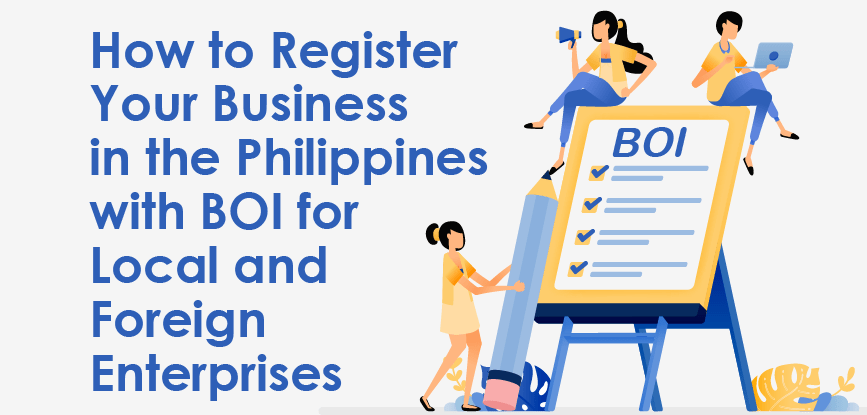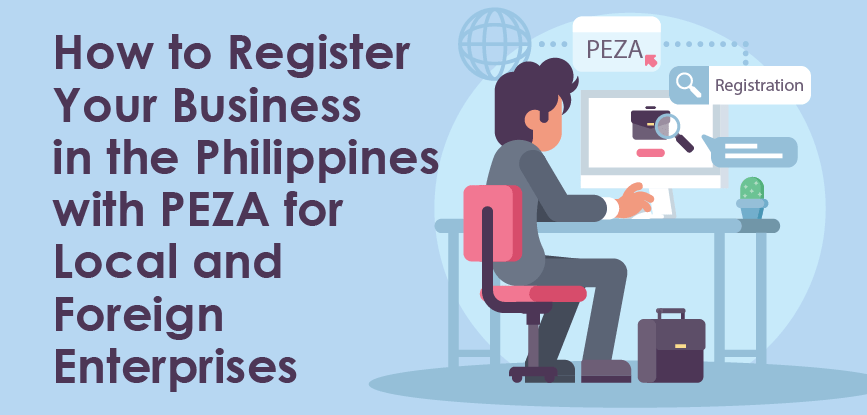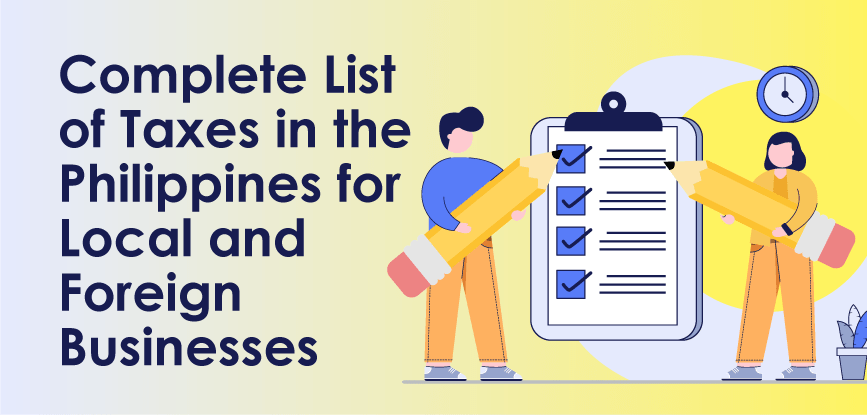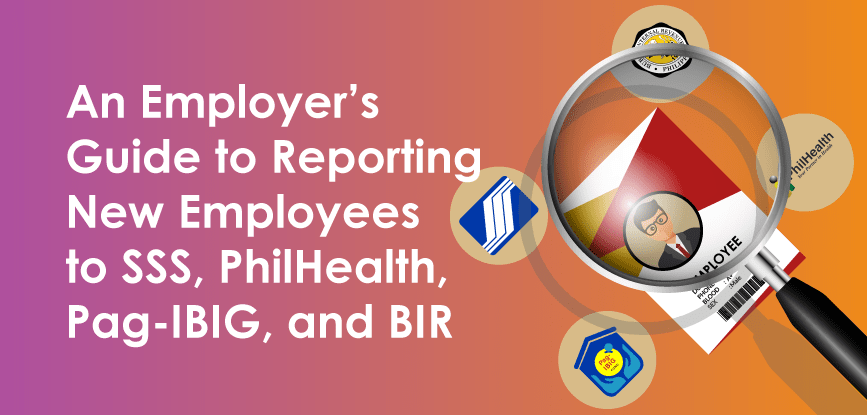Want to do business in the Philippines but unsure which legal entity to register? This comprehensive guide discusses the different types of legal entities in the Philippines, as well as their requirements, setup processes, and restrictions to help you get started.
Guides
Familiarizing yourself with the relevant intellectual property laws in the Philippines can help you establish a well-protected business or product in the country.
As an employer, it is vital to be knowledgeable about the salient differences between SSS, HDMF, and PHIC.
Are you looking for tax incentives for your business? In this article, we provide a comprehensive guide on how to register your business with BOI to be eligible for tax incentives in the Philippines
Are you planning to register with PEZA? In this article, we will guide you through the necessary steps and requirements to help your business obtain tax incentives from PEZA.
As an online influencer in the Philippines, you must be familiar with the latest tax laws that apply to your profession.
Setting up a foreign-owned business in the Philippines is no walk in the park. A foreign-owned corporation must obtain the necessary permits and licenses, register with the proper government agencies, and make the required capital investments before setting up business operations inside the country.
In the Philippines, registered corporations are required to file taxes to two government bodies: 1) the Bureau of Internal Revenue (BIR) or the national taxation authority; and 2) the local government unit (LGU) where their business is located.
In the Philippines, private businesses and employers are mandated by law to register their newly-hired employees to appropriate government agencies as part of their onboarding process.
Foreign corporations that intend to set up a service center to perform income-generating business activities to their subsidiaries, branches, and affiliates around the world can set up a Regional Operating Headquarters (ROHQ) in the Philippines.










